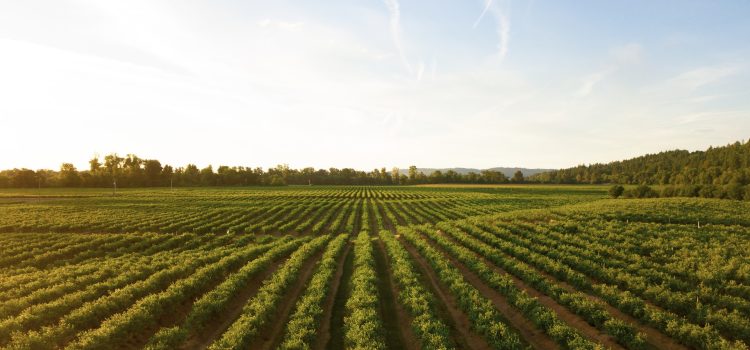
Sustainable agriculture is becoming increasingly important as the world’s population continues to grow and demand for food increases. As consumers become more conscious of the impact of agriculture on the environment, there is a growing interest in investing in companies that are advancing eco-friendly farming practices.
One of the key trends in sustainable agriculture is the use of precision agriculture technology. This involves the use of data analytics and sensors to monitor and optimize crop yields while reducing waste and minimizing the use of harmful chemicals. Companies that are at the forefront of this technology, such as John Deere and Trimble, are well positioned to benefit from the growing demand for sustainable farming practices.
Another trend is the use of regenerative agriculture techniques, which focus on improving soil health and biodiversity. Companies that are investing in these techniques, such as General Mills and Danone, are working to improve the sustainability of their supply chains while also reducing their environmental footprint.
Investing in sustainable agriculture not only benefits the environment but also has the potential for financial returns. According to a report by the FAIRR Initiative, an investor network focused on sustainable food, agriculture, and forestry, sustainable agriculture companies outperformed their peers in the S&P Global Agribusiness Index by 4.7% over a five-year period.
However, there are also risks and challenges associated with investing in sustainable agriculture. One of the biggest risks is weather-related events, such as droughts and floods, which can impact crop yields and disrupt supply chains. There is also the risk of regulatory changes, such as restrictions on the use of certain chemicals or the implementation of carbon taxes.
In conclusion, investing in companies that are advancing eco-friendly farming practices is not only a smart financial decision but also an important step towards creating a more sustainable food system. By investing in precision agriculture technology and regenerative agriculture techniques, we can reduce the environmental impact of agriculture while also improving the resilience and productivity of our food supply chains.










